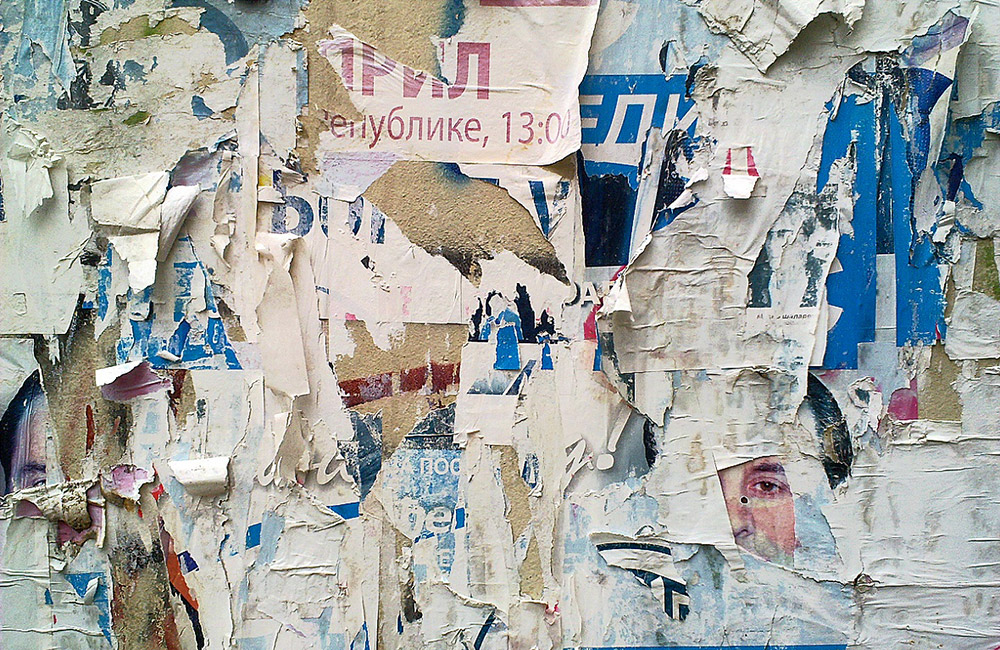As part of the action “Noah’s Ark”, police arrested eighty people suspected of illegal, corrupt practices in connection with the construction of Belgrade Waterfront. The police minister said that Serbia will not be flooded by the wave of corruption at the top of which, as indicated by the list of those arrested, are high-level government officials from the Serbian Progressive Party.
This will probably be the headline after the regime has changed. There is no reason to suppose that the new regime will refrain from confrontation with the old regime. On the contrary, there is every possibility that, in due course, the next regime will treat those involved in the current government exactly as the current regime treats their predecessors.
Perhaps the Serbian Progressive Party is counting on staying in power forever and, thus, keeps producing the police-media spectacles with a miserable judicial effect. This effect is miserable in at least two ways: after the mass arrests (of political opponents) there are no convictions; after such actions nothing will remains of the rule of law.
An analogy between the yesterday’s arrests and a statement of the minister of police – “we will not allow ourselves to be eaten by corruption, the state will deal with crime and corruption” – and possible future arrest and statements, like any analogy, comes up short. The future regime will have to deal with today’s regime precisely for the sake of establishing the rule of law. It’s exactly because such clash didn’t happen a decade and a half ago, that we see violent restoration of the old regime (one already mired in crimes) every day under the pretext of “the fight against crime and corruption”. No need to waste words explaining that the Democratic Party, whose members, former government officials, are the main target, is the one responsible for the restoration of the old regime. Justifying the behaviour of the present government – the usurpation of institutions and corruption of public functions for party and personal purposes – by failures of their predecessors, is justifying a greater evil by a lesser one. Serbia needs to step out of that continuity of evil.
Yesterday’s mass arrests are a much alike of the familiar police abuses of power for propaganda and intimidation. It matters not whether the minister aligns the police squad as the background while saying that the prime minister has successfully passed the polygraph test, or, dispatches them throughout Serbia to arrest political opponents of his party. In both cases, the police are doing the party political work, rather than their own.
Consider the description of alleged offenses for which the arrested were made (leaving aside the merits of arrests for now). It is clear that this is a series of completely unrelated elements. Investigations of described offense had to have been run independently, so there was no reason to arrest their actors collectively, all in one day. Moreover, these arrests were announced in the media several days before they occurred. Both these facts lead to the conclusion that the protection of the law and the fight against crime and corruption are far less important to the current government than the cumulative media effect of essentially unrelated arrests. The news that the police have arrested 80 people, including “one former minister and two former assistant ministers”, resonates much louder than the news that the police were doing their job. Under the normal circumstances, the fact which was treated as a “spicy” ministerial addition would be enough to make the headlines.
One could now speculate on the purpose of the mass arrests – is it about an time-tested method of election campaigning; is it an attempt to divert attention from the cracks in the Serbian Progressive Party (Bratislav Gasic, Sasa Mirkovic); or to hide the new report of Anti-Corruption Council from the public? Whatever it is, the media (entirely consistent with the report of the Council) readily met the needs of the party in power. Still, we should understand the media – such behaviour of the government is news in itself. And a reason for concern: not just because we are witnessing the abuse of state institutions for party purposes; not just because we are witnessing the abuse of the media for diverting attention from the questions far more important than these arrests; and no, not just because any sign of the rule of law is being destroyed in front of our very eyes – on the top of all this, I am concerned about the extent and limits of such behaviour.
If 80 people had to be arrested yesterday in order to make the news more appealing, how many will have to be arrested next time?
Translated by Marijana Simic
Peščanik.net, 30.12.2015.
- Biografija
- Latest Posts
Latest posts by Dejan Ilić (see all)
- Dajte rezoluciju - 16/04/2024
- Tačno u podne - 12/04/2024
- Banjska, pa Banjska… - 09/04/2024



